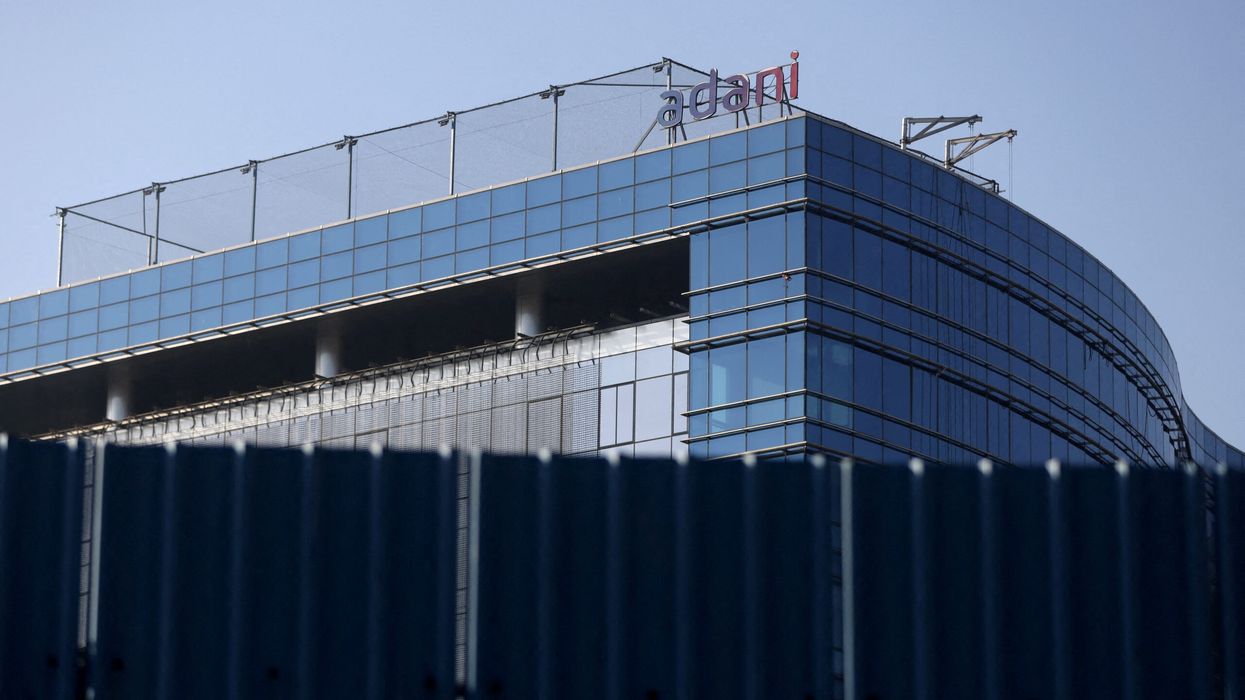BANGLADESH's interim government has accused Adani Power, an energy company controlled by Indian billionaire Gautam Adani, of breaching a multi-billion-pound agreement by withholding tax benefits granted to a power plant central to the deal.
The agreement, signed in 2017, enabled Adani Power to supply electricity to Bangladesh from its coal-fired power plant in eastern India.
Dhaka now seeks to renegotiate the deal, which was awarded by then-prime minister Sheikh Hasina without a tender process.
Documents from Bangladesh's power agency and communications between the two parties reviewed by Reuters reveal that the deal costs Bangladesh significantly more than its other coal power agreements.
Since Adani Power began supplying electricity in July 2023, Bangladesh has fallen behind on payments and owes hundreds of millions of pounds for energy already delivered. However, the two sides disagree on the total amount owed.
Bangladesh’s de facto power minister, Muhammad Fouzul Kabir Khan, told Reuters the country could manage without the Adani supply due to increased domestic capacity, although some local power generators remain inactive.
Adani Power has not been accused of any wrongdoing in Bangladesh. The company stated it has adhered to its contractual obligations and denied receiving indications that Dhaka was reviewing the contract. Adani Group dismissed US allegations of bribery against its executives as "baseless."
Tax exemptions dispute
Adani Power’s Godda plant, designed to supply electricity to Bangladesh, operates on imported coal and benefits from tax exemptions under India's special economic zone policy.
According to the 2017 agreement and its implementation terms, Adani Power was obligated to inform Bangladesh of changes in the plant's tax status and pass on associated benefits.
Bangladesh Power Development Board (BPDB) officials said Adani Power did not comply with these terms. Letters sent to the company in September and October 2024 requested the remittance of tax benefits. BPDB estimates that passing on these benefits would save 0.28p per unit of power, potentially reducing costs by approximately £22.7 million for 2024.
The BPDB chairperson, Md Rezaul Karim, stated that savings from the tax benefits would form a crucial part of future discussions with Adani Power.
Review of the deal
Bangladesh’s interim government, led by Nobel laureate Muhammad Yunus, has appointed a panel to review major energy deals signed during Hasina’s tenure. The contract with Adani Power, described as "negotiated hastily" in a government white paper, has come under scrutiny following US bribery charges against Adani executives.
Adani Power halved its electricity supply to Bangladesh in October 2024, citing payment disputes. The company claims it is owed £714m, while BPDB contends the amount is closer to £516m. Payment delays have been exacerbated by Bangladesh's ongoing foreign currency shortage.
Discussions between the two sides are ongoing, with arbitration clauses in the agreement mandating dispute resolution in Singapore. Bangladesh’s next steps depend on the outcome of investigations ordered by its courts, according to Khan.
(With inputs from Reuters)




